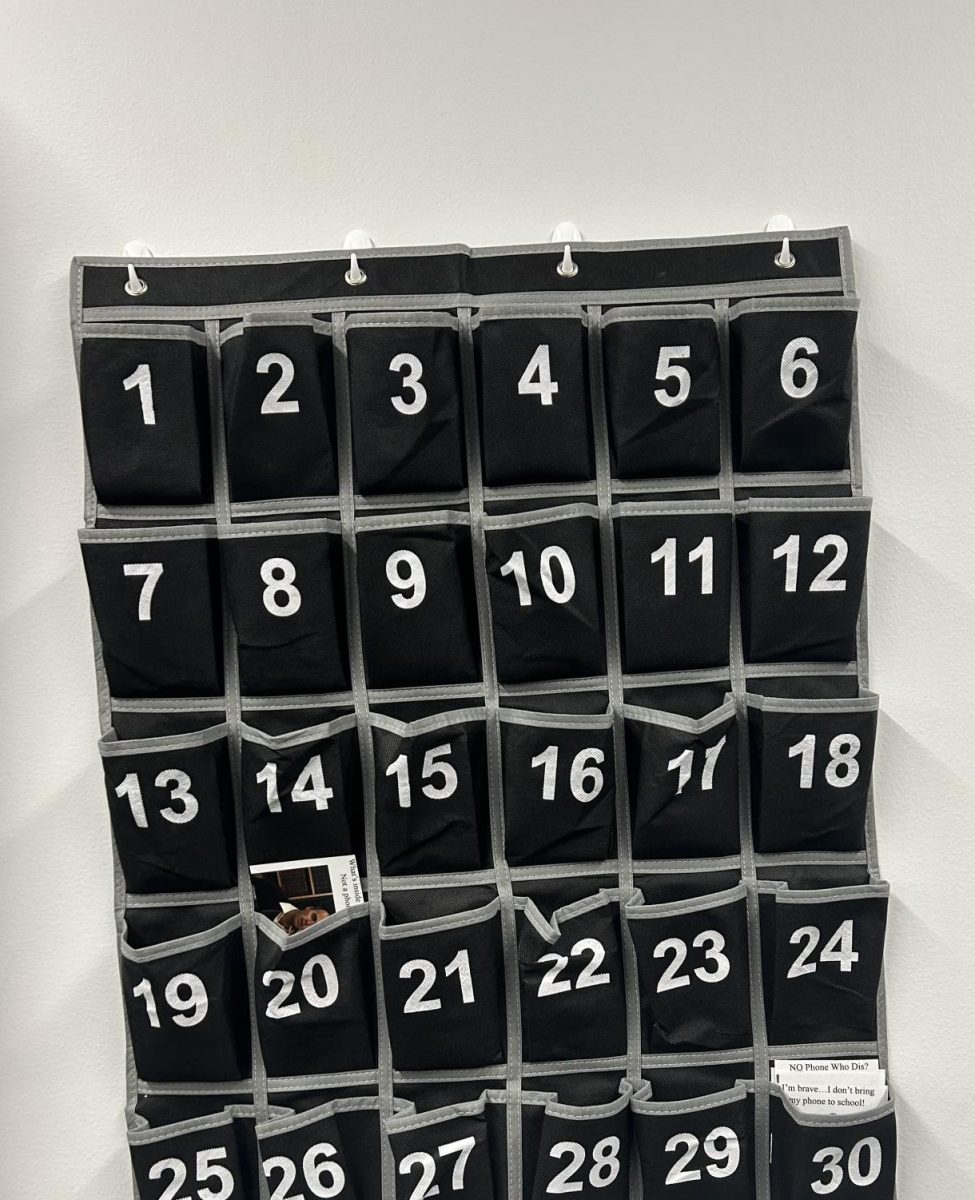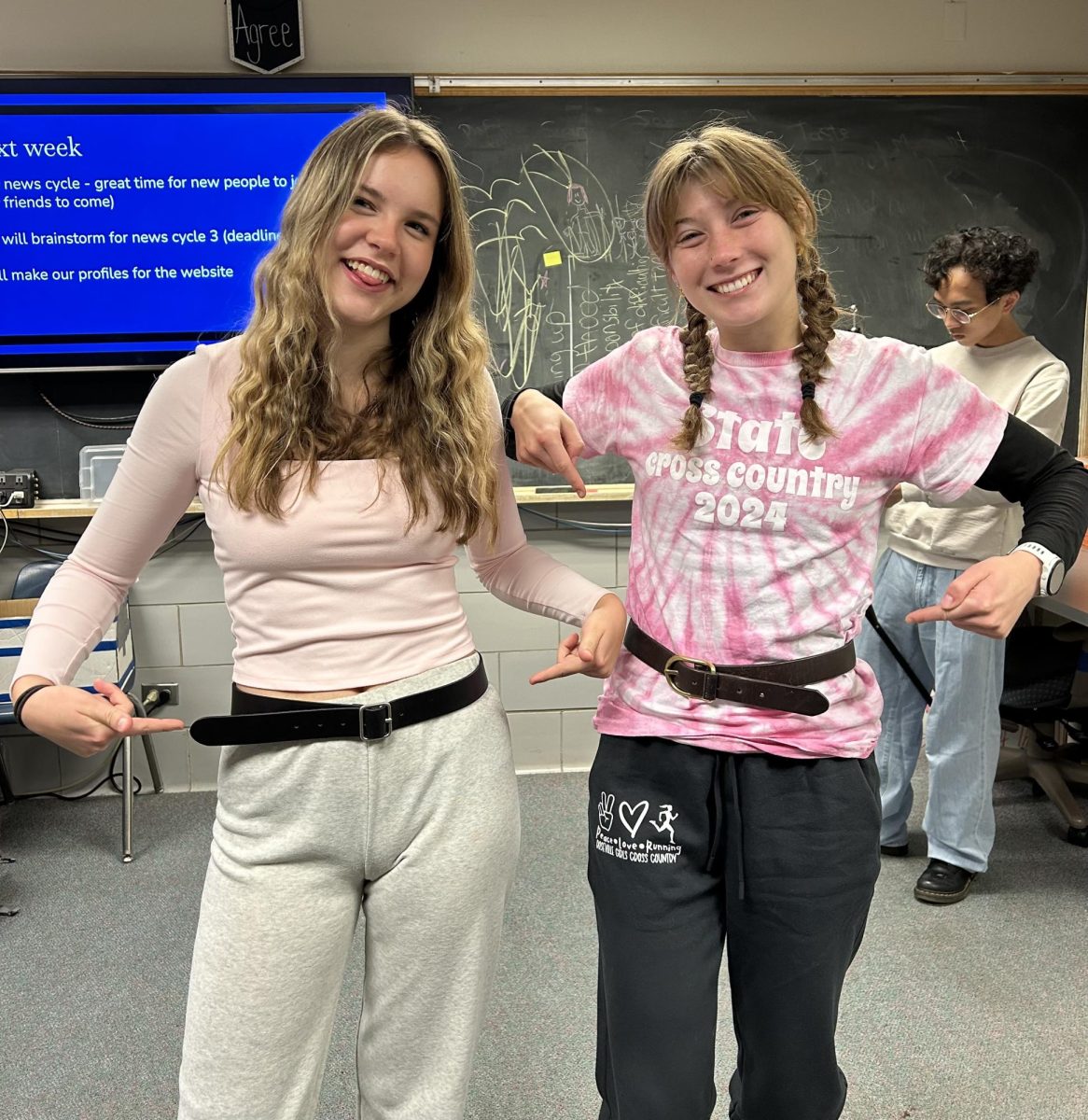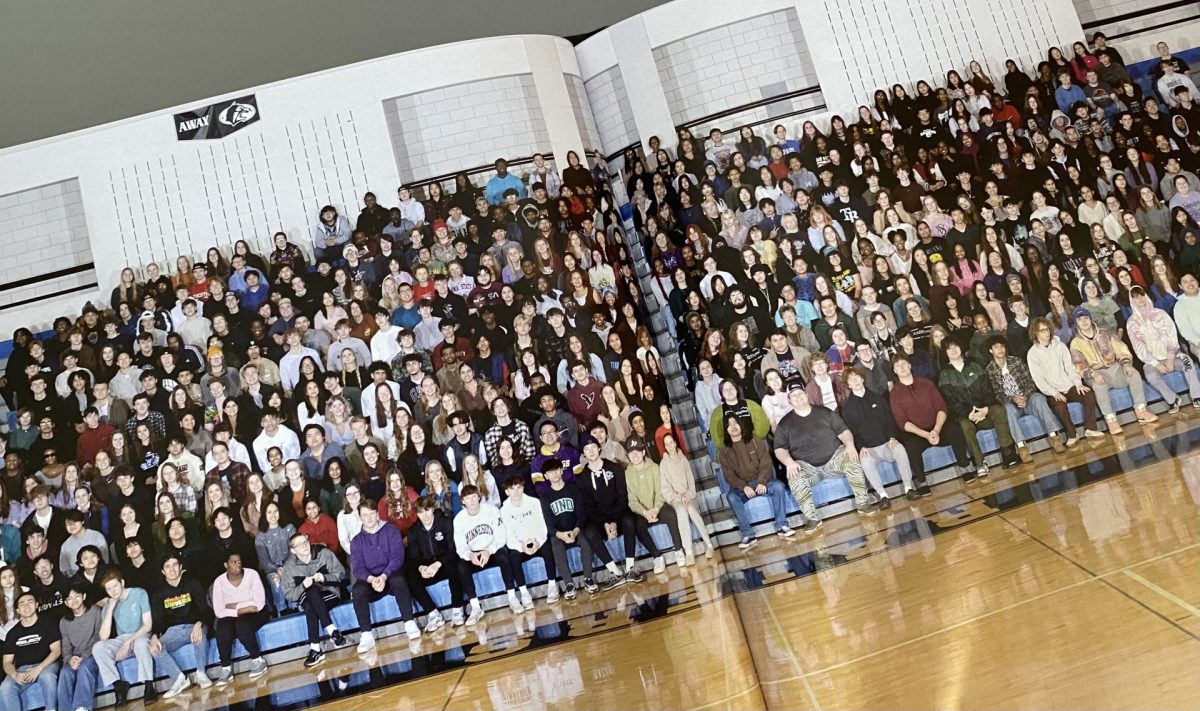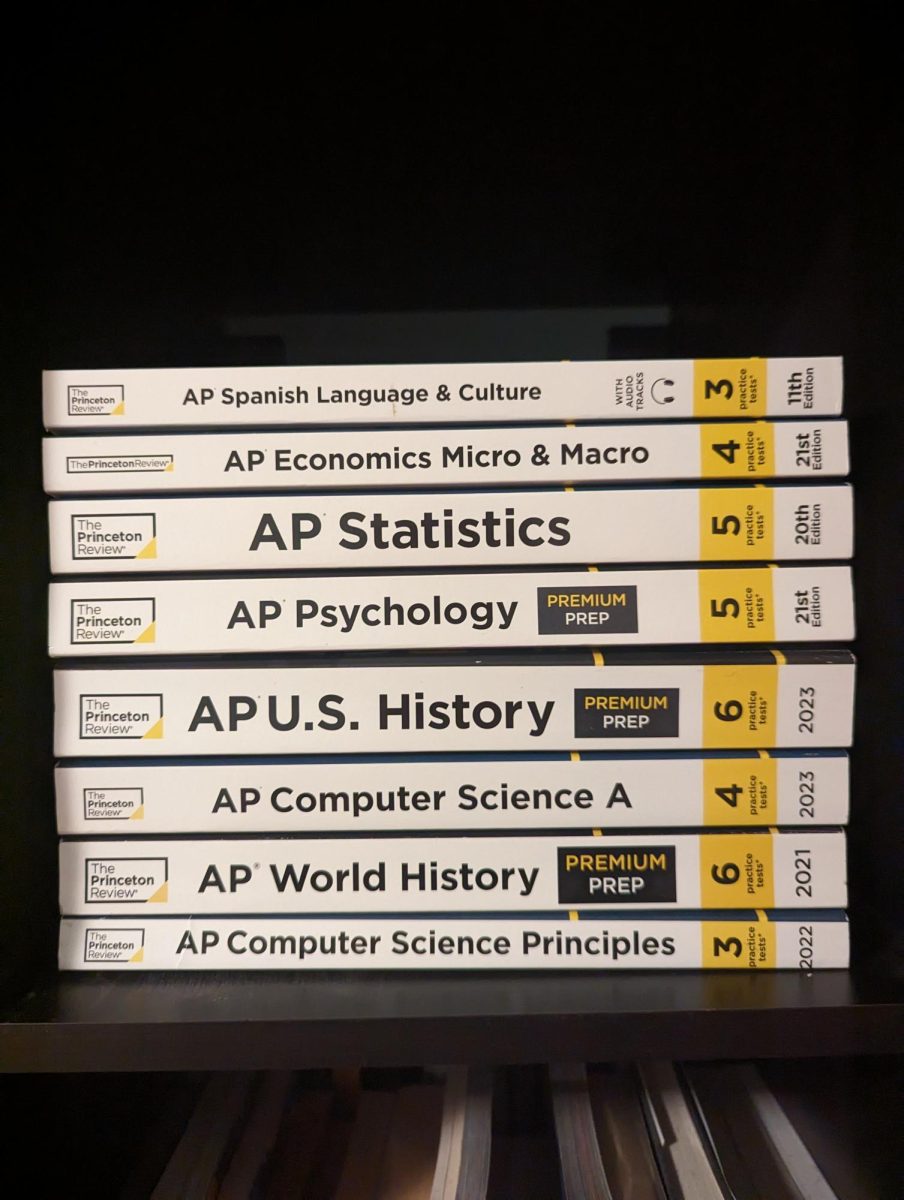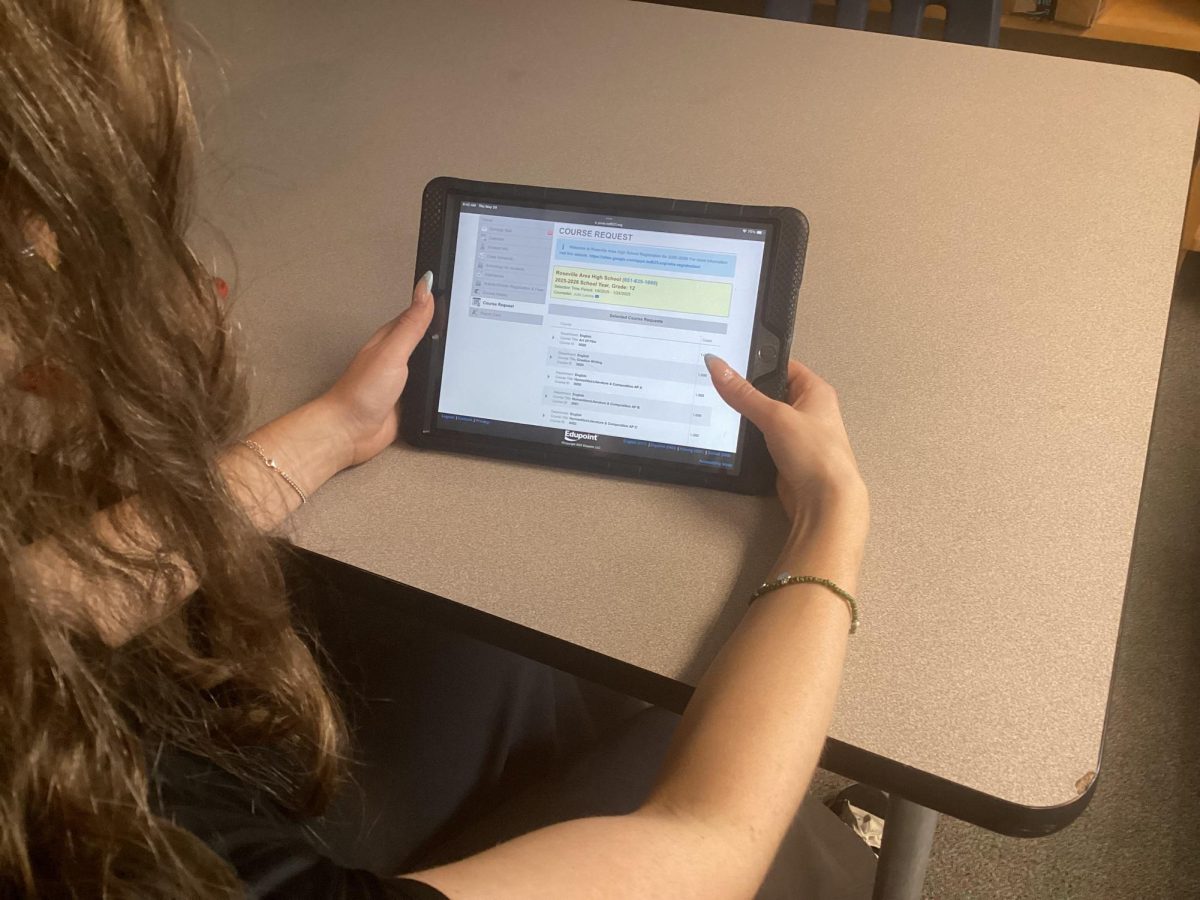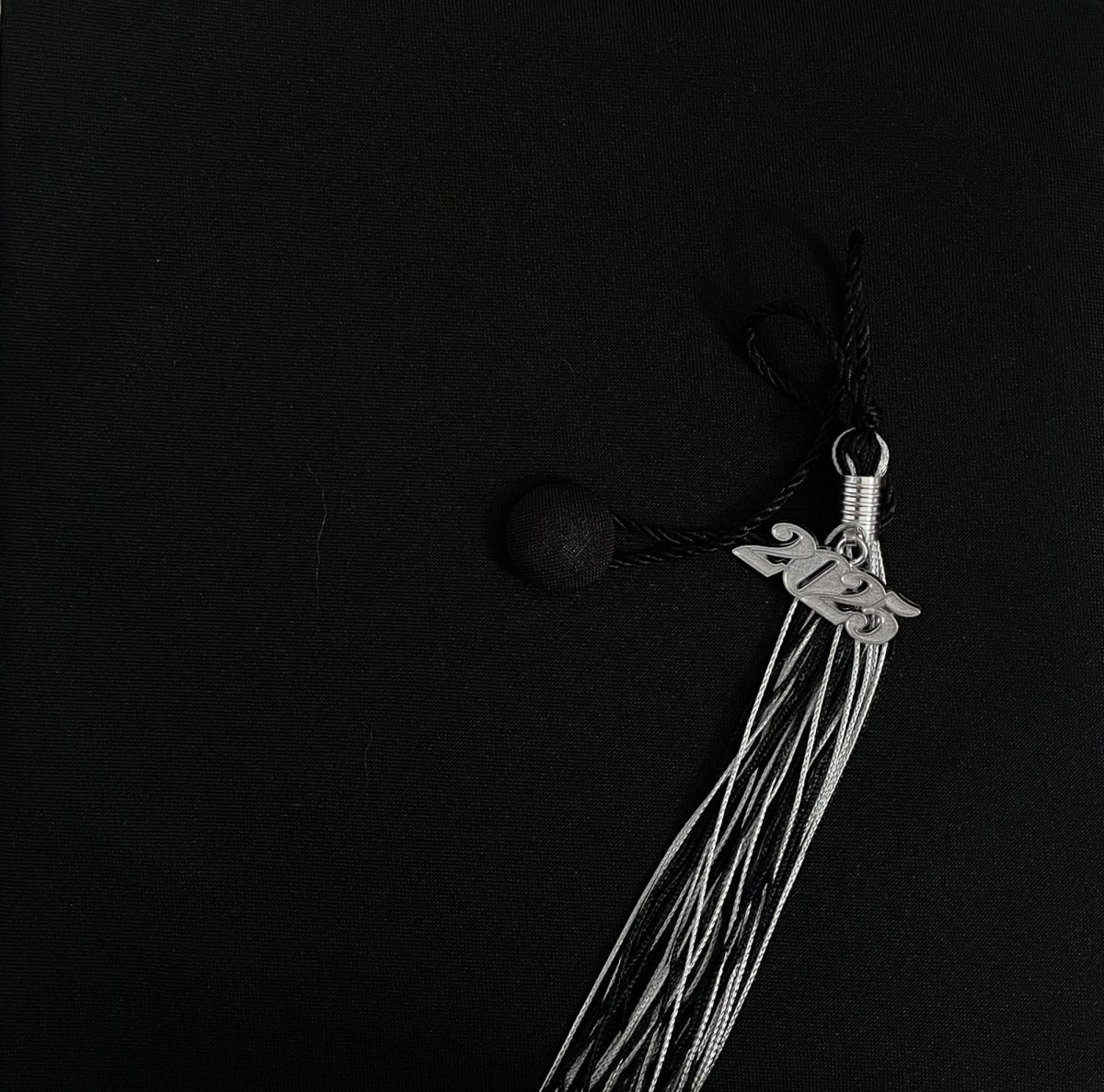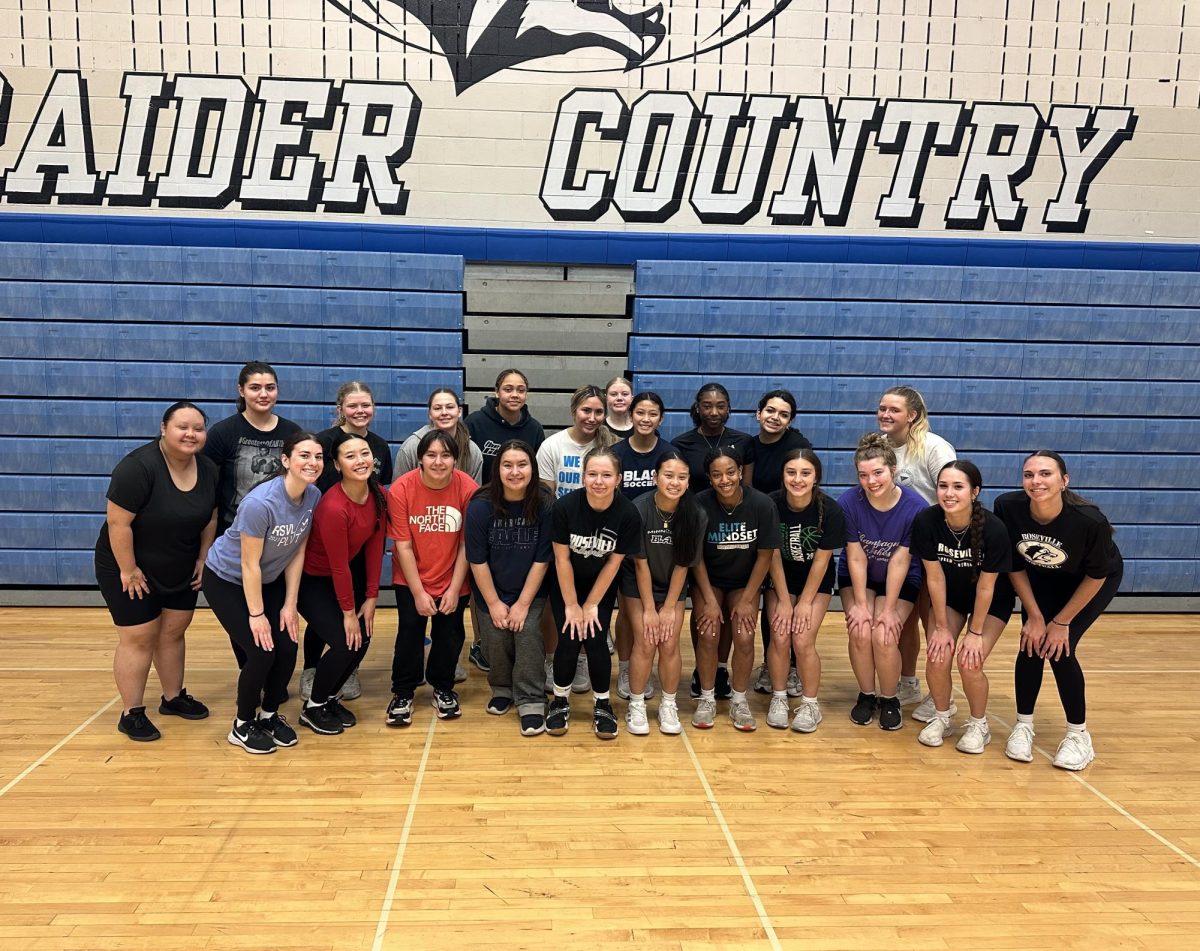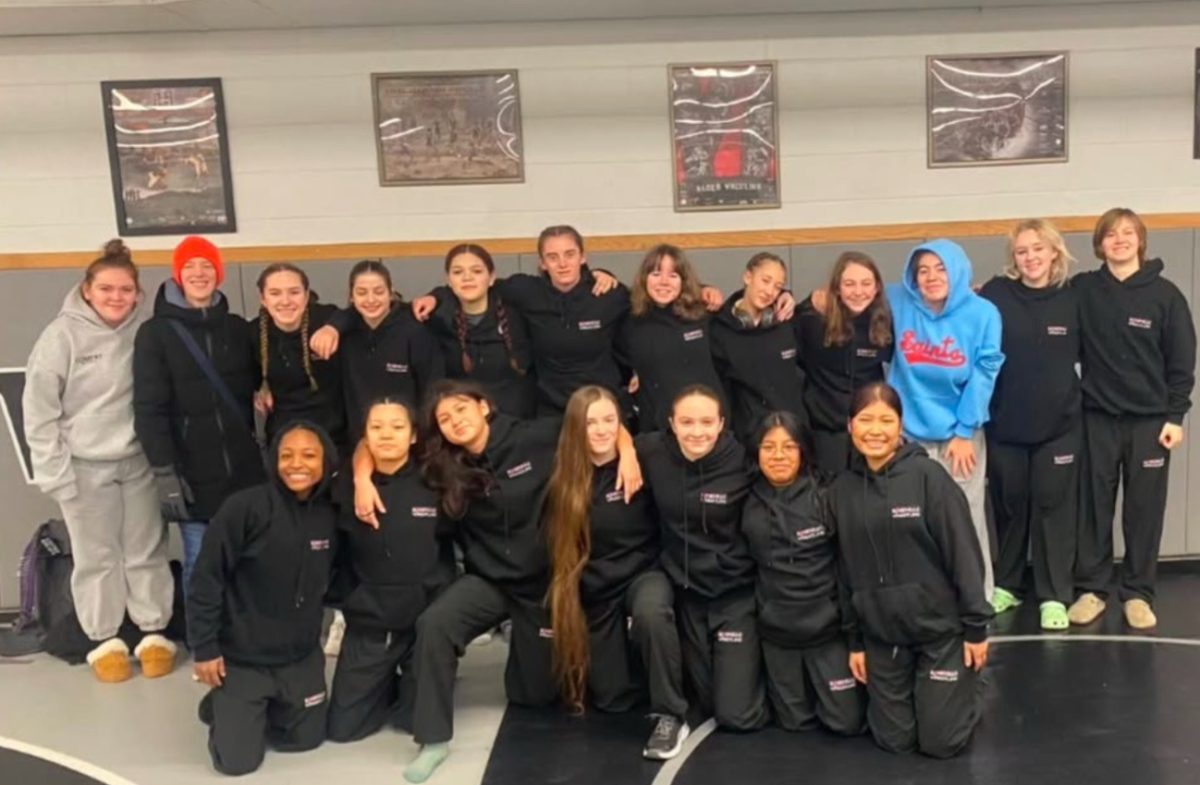Vaccines Are a Beacon in Dark Times
The Pfizer COVID-19 Vaccine is approved, is the Moderna COVID-19 Vaccine next?
December 17, 2020
Recently on December 10th, the FDA Vaccine Panel voted to give emergency authorization for the Pfizer mRNA COVID-19 vaccine. The data from the medical trials conducted shows that two doses (given three weeks apart) can prevent up to 95% of people from being infected with the Coronavirus.
The Guardian reports that approval by the FDA normally takes approximately 6-10 months, but rest assured, no safety procedures have been overlooked for the vaccine despite its speedy approval.
Moderna’s COVID-19 vaccine is declared safe and 94% effective by the FDA, however, it has not been approved yet.
The first recipients of the vaccine will be healthcare workers, first responders, and people with health problems that would make them more at risk to die from severe COVID-19 symptoms. According to MPR News, teachers and other essential workers in Minnesota can be vaccinated after them.
Pfizer, working with BioNTech – a German biotechnology company – has already had their vaccine approved for use and distribution in the United Kingdom, Saudi Arabia, and Canada, according to BBC News.
However, Pfizer’s vaccine needs to be kept at -94 degrees Fahrenheit, a subzero temperature that only universities and large public health departments could supply, The Guardian states. Pfizer has created a solution to the problem by creating a container that can transport 975 doses of the vaccine in dry ice.
Moderna’s COVID-19 vaccine is slightly less effective compared to Pfizer’s, but only needs to be stored at -4 degrees Fahrenheit. The temperature is colder than many vaccines, but easier to transport compared to Pfizer’s version. Like Pfizer, the Moderna vaccine uses two doses, but four weeks apart.
Both of these vaccines are mRNA vaccines, which have never been approved for humans before but have been previously used in other clinical trials. Pfizer has conducted vaccine trials on 43,500 people, reports BBC News, while Moderna has tested 30,000 volunteers.
Both vaccines contain the RNA codes for COVID-19’s spike protein, encased in a miniscule fat bubble (along with other ingredients) that allow the body to produce important proteins to train the immune system to recognize and fight the real virus attacking them.




